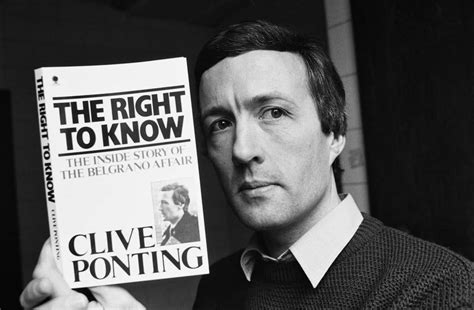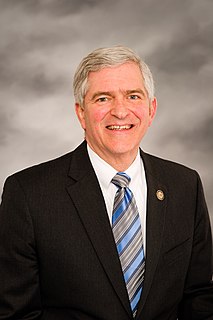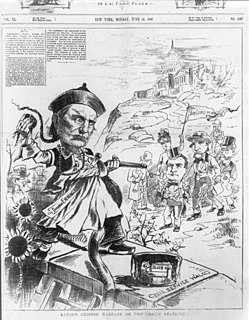A Quote by Quintus Tullius Cicero
Avoid any specific discussion of public policy at public meetings.
Quote Topics
Related Quotes
Once a term like "open source" entered our vocabulary, one could recast the whole public policy calculus in very different terms, so that instead of discussing the public interest, we are discussing the interests of individual software developers, while claiming that this is a discussion about "innovation" and "progress," not "accountability" or "security."
But, that’s the whole point of corporatization - to try to remove the public from making decisions over their own fate, to limit the public arena, to control opinion, to make sure that the fundamental decisions that determine how the world is going to be run - which includes production, commerce, distribution, thought, social policy, foreign policy, everything - are not in the hands of the public, but rather in the hands of highly concentrated private power. In effect, tyranny unaccountable to the public.




































